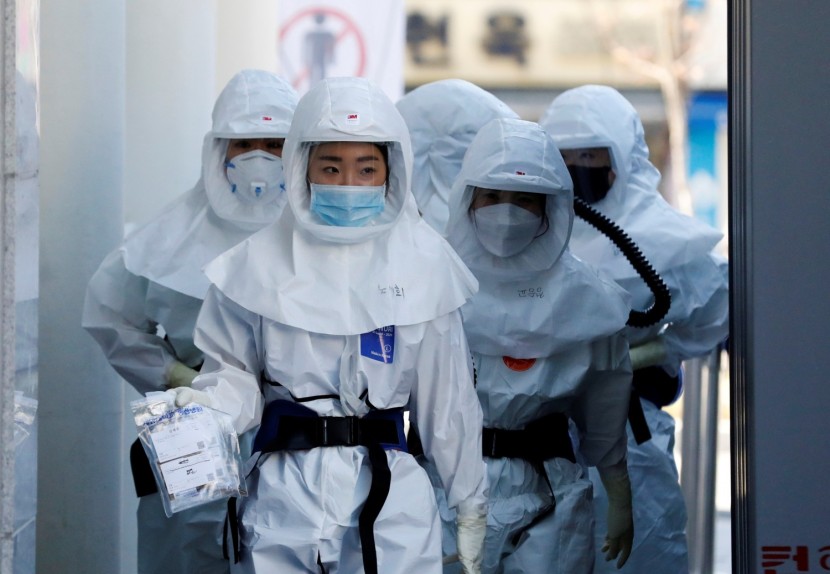
After thinking that they have survived the dreaded coronavirus disease, dozens of patients from South Korea who has recovered from COVID-19 have again tested positive for the virus after leaving quarantine.
On Monday, Korea Centers for Disease Contol and Prevention (KCDC) announced that the virus is once again haunting 51 people, who tested positive for SARS-CoV-2 shortly after they were released from the hospital. The said patients were from Daegu, the epicenter of the virus in the country and the surrounding North Gyeongsang Province.
Reactivated not Reinfected?
According to Director-General Jeong Eun-kyeong of the KCDC, there is a posibility that the virus was likely reactivated in the patients and that they were probably not reinfected with the virus.
South Korean health authorities told a local news outlet Yonhap, that a team of investigators has already been sent to Daegu in order to conduct epidemiological research into the cases.
Dr. Nicole Saphier, a medical contributor of Fox News also stated that after he reviewed the study that the South Korean researchers made, it was claimed in the research that the virus could have laid dormant within the person, thus, when tested before leaving the hospital the person tested negative; and that the virus could have reactivated leading to the positive tests after quarantine.
Dr. Saphier, however, expressed skepticism about the study and said that when it comes to swab tests for COVID-19 there is a high chance of a false-negative result. She also added that in getting the sample, the person taking them should really get far back with the swab and get enough samples for the tests to be positive.
In addition to Dr. Saphier's statement, an infectious diseases professor from the University of East Anglia, Paul Hunter, stated that the cases are far likely to have been reactivations but more likely just a sign of flaws in the current testing. He also said that he believes that the test results when the patients were cleared from the hospital were simply "false negative."
Whatever the case is, either it is reinfection or reactivation, it only strengthens feart about the hidden dangers that this pandemic may bring.
South Korea's response
Based on recent reports, officials in South Korea are now looking into using electronic wristbands in order to track and monitor the number of people who are in self-quarantine aiming to slow the spread of COVID-19 as the cases in the country continue to grow. However, imposing the wristband monitors may cause a rise in privacy issues.
The country has already enforced two-week quarantines for all travelers who arrived from overseas in efforts to control the rise of imported infections.
As of Monday, there were more than 46,500 people who are under self-quarantine which includes 38,400 who only arrived recently from abroad based on data released by an official from the Ministry of the Interior and Safety, Lee Byeong-Cheol. He also said that the number is still infected to rise up to 80,000 to 90,000.
Related article : US and China Reach a Truce as COVID-19 Continues to Cause Chaos








